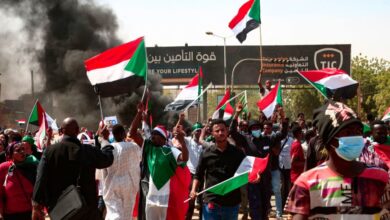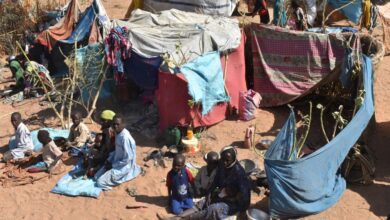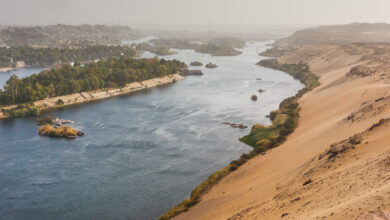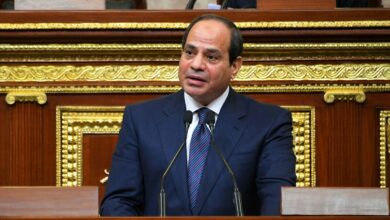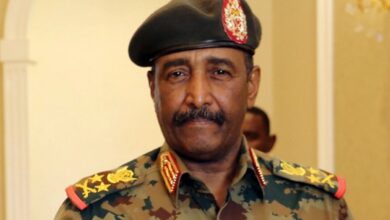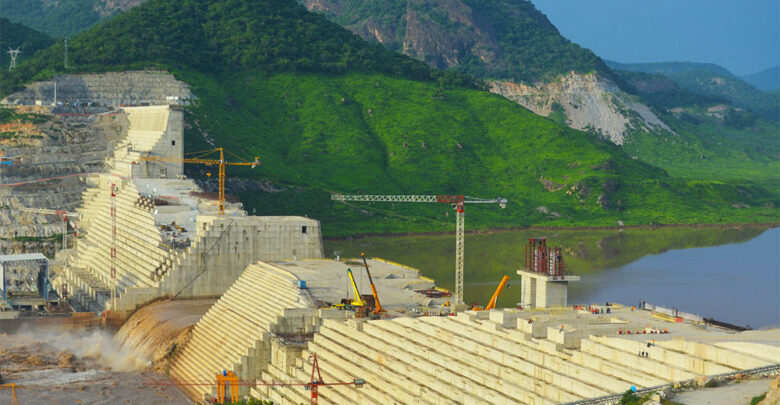
Egypt and Sudan have asked Ethiopia to join them for serious negotiation talks aimed at resolving an impasse over the Grand Ethiopian Renaissance Dam project, reported Arab News.
The two countries want Addis Ababa to engage in tripartite talks on the controversial Nile dam as soon as possible.
In a joint statement following a meeting in Cairo on Wednesday, Egyptian Foreign Minister Sameh Shoukry and his Sudanese counterpart Ali Al-Sadiq highlighted the importance of continuing to seek serious negotiations talks led by the African Union on the renaissance dam to lead to a binding legal agreement that achieves the interests of the three countries.
The talks were held on the sidelines of the ministerial meeting of the Arab League in Cairo.
During the meeting, the ministers discussed ways to further strengthen bilateral relations between the two countries in all fields and coordinate their positions on regional and international issues.
Last month, Ethiopia announced it has begun producing electricity for the first time from GERD, despite contentions from downstream nations Egypt and Sudan. Ethiopian Prime Minister Abiy Ahmed officially inaugurated the partial commencing of power generation of GERD during a ceremony attended by dozens of officials and members of parliament.
The Egyptian Foreign Ministry slammed Ethiopia’s unilateral start of the operation of the Dam, calling it a violation of its commitments under the 2015 Declaration of Principles signed by the Ethiopian Prime Minister.
Egypt, Sudan, and Ethiopia have been negotiating since 2011 to reach an agreement on filling and operating the dam, but long rounds of negotiations have so far failed to reach a settlement.
While Egypt and Sudan want a legally binding agreement, Ethiopia says any pact should be advisory.
Cairo has voiced fears that the GERD would negatively impact the country’s water supply. It has also insisted that measures be put into place to protect downstream countries in case of drought during the dam’s filling process.


